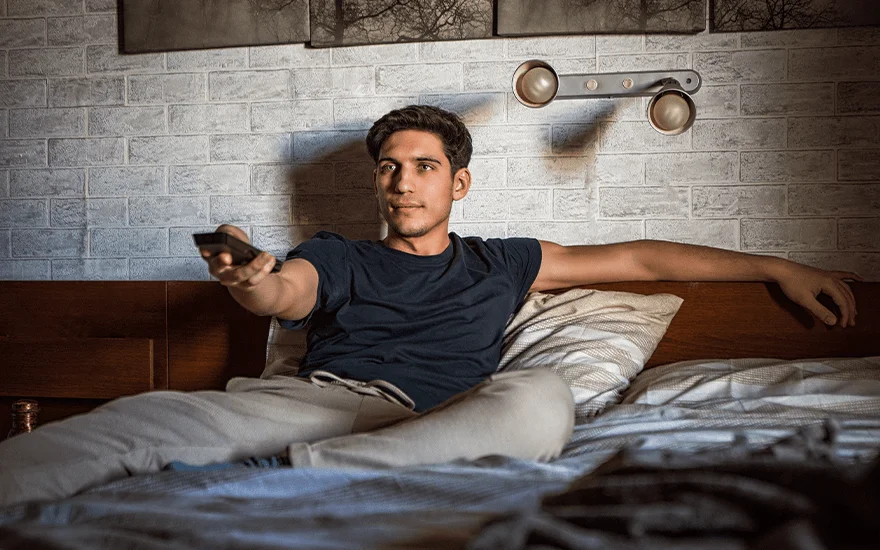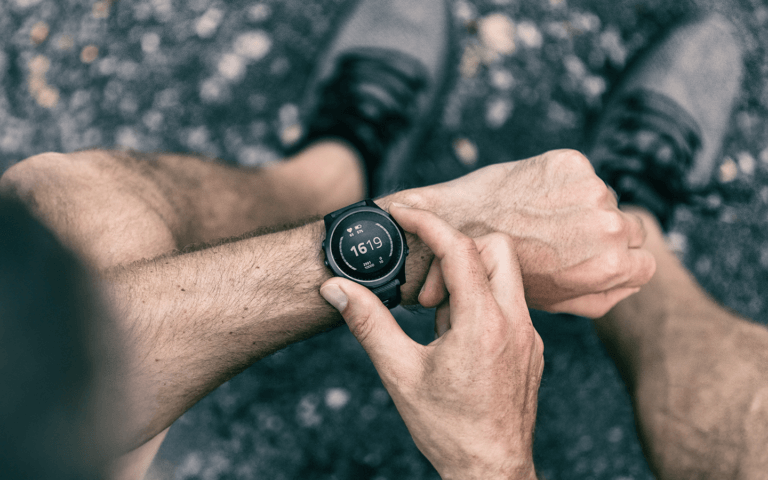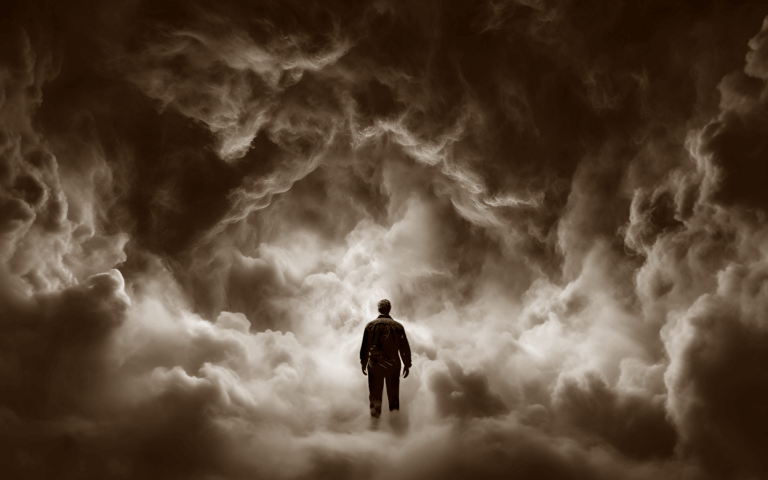In 2016, sleep disorders were declared a public health epidemic. The Center for Disease Control and Prevention named the episode “The Great Sleep Recession,” focusing on adolescents’ consistent decline in average sleep times between 1991 and 2012.
Not much has improved since, with one in three adults not getting enough sleep, according to a Harvard Health study.
Yawn.
Sorry, I didn’t get much sleep last night. Where were we?
Sleep more, thrive in life, live longer?
We were all raised believing that eight hours of sleep was essential. While that has been debated and hypothesized over time, generally speaking, the ideal sleep duration remains between seven and eight hours, with men who hit their pillow for longer – and at a consistent rate – potentially living almost five years longer than those who neglect their shuteye.
However, with the research into sleep becoming more advanced, people can no longer solely rely on the fallback of achieving the magic eight hours. What’s just as important is the quality of sleep, and this is traditionally measured by sleep latency, sleep waking, wakefulness and sleep efficiency.
In simple terms, latency is how long it takes you to drift off, waking is how often you find yourself conscious and dreary-eyed in the pitch black at 3 am, wakefulness is the time you spend being conscious, and efficiency is the total time spent asleep while you’re in bed.
Still awake?
Doctor of Physical Therapy and Founder of DIRIGO Physical Therapy & Athletic Performance, Dr. Tyler Perry, says,
“as peoples’ health deteriorated and more and more people realized more grind and less sleep was not sustainable for happiness or longevity, certain aspects of daily life and trends got a second look, sleep being one of them. Recently, the focus has shifted from quantity of sleep to quality of sleep, and we now know that a little good sleep is better than more bad sleep. After all, this is the time the body and mind are recovering.”
Studies have suggested that men who maximize all of the listed sleep habits, coupled with not taking any sleep medication, had a life expectancy of 4.7 years greater than people who had none or only one of the five elements of low-risk sleep.
What should be emphasized is that one size does not fit all when it comes to sleep. The amount of sleep you need varies from person to person, and, in turn, so does the quality. Several unwanted wake-up calls could interrupt an eight-hour sleep, leaving the subject with a groggy demeanor when the alarm sounds.
Alternatively, someone who racks up a meager six-hour slumber could have experienced a faultless display under the covers, with most of their time spent in bed under the spell of deep uninterrupted sleep.
During a 2021 podcast episode on the Huberman Lab channel with Dr. Matthew Walker, a specialist on the study of sleep, he stated that “no one should feel guilt about getting the sleep that they need, and I think this has been one of the big problems in our society.”
What is clear, though, is that sleep is still an ongoing issue.
Why are we getting less sleep?
Almost half of all Americans say they feel sleepy during the day between three and seven days per week, while 35.2% of all adults in the U.S. report seeping on average for less than seven hours per night.
Zzzzzzzzzzzz.
Sorry, still here.
One obvious reason why your sleep hygiene will be taking a considerable dent is in your hands right now (or if you’re reading this on a desktop, then it won’t be far away). Phones and sleep do not mix well. More specifically, the superbly named doomscrollng – the art of scanning social media aimlessly and endlessly – is a major villain of the piece.

Swiping through TikTok, for example, distracts you, keeps you awake, stimulates your brain and delays REM sleep. Your mind, which should be put into wind-down mode at this stage of the night, will become engaged, and in turn, this delays sleep and increases the likelihood of your sleep quality becoming fractured.
There are also the physical implications of staring at your phone while tucked up. The blue light from your screen, which will most likely be shoved against the outer perimeters of your eyeball, is an artificial color that mimics daylight. Not ideal when it’s pitch black.
Professor Walker urges people to think of their bedroom “as a prehistoric cave somewhere in the Great North: cool, dark, and gadget-free. Charge your phone in another room, get rid of electronics that cause noise, and ditch the alarm clock, that makes you hyper-aware of every passing minute.”
It’s not just mobile devices that are the sole cause, though. Pressure to work more, amplify productivity and utilize every waking hour of the day is becoming dangerously common.
In 2019, Professor Karl-Heinz Ludwig of the German Research Centre Environmental Health and the Medical Faculty found a link between work stress and impaired sleep, revealing a threefold higher risk of cardiovascular death in employees with high blood pressure.
“Maintaining sleep is the most common problem in people with stressful jobs. They wake up at 4 o’clock in the morning to go to the toilet and come back to bed ruminating about how to deal with work issues.”
Ludwig’s findings lead to a morbid conclusion for those who struggle to balance what is a deadly concoction, stressing “the risk is not having one tough day and no sleep” but, “suffering from a stressful job and poor sleep over many years, which fade energy sources and may lead to an early grave.”
We did warn you it was morbid.
Don’t count sheep
This sort of alarmingly common message will no doubt strike a chord amongst the busybodies of working adults in 2023. The need to strike a healthy balance and seek employment that allows more autonomy and independence is a crucial factor in sleep quality, which in turn could lead to a healthier and prolonged life.
If only today’s society could take a leaf out of the 1940s sleep culture. People were sleeping on average just a little bit over eight hours a night, perhaps not entirely surprising given that they didn’t have access to the deluge of modern-day vices which are at the center of sleep issues.
Within 70 years, the average sleep time has almost dropped by 20%.
Professor Walker backs up Ludwig’s morbid outlook on longer-term effects of poor sleep. In a 2017 interview from The Inquiry episode, Have We Always Felt This Tired?, he expresses the alarming health consequences attached to the topic.
“The number of people who can survive on six hours of sleep or less and show no impairment, rounded to a whole number and expressed as a percent, is zero. Every major disease that is killing us in the developed world: Alzheimer’s, cancer, obesity, diabetes, anxiety, depression, suicidality. All of them have direct and very strong causal links to deficient sleep.”
But how do we combat bad sleep, take back control and improve our sleep hygiene?
Firstly, Walker raises the importance of not rushing our way to sleep. “It’s a wind-down routine. You wouldn’t race into your garage and slam the brakes at 60mph. You would typically downshift the gears and slow down as you approach. That’s the same thing with sleep. Find what works for you. Maybe that is taking a hot bath or a warm shower and then sticking to it.”
If consistency in approach is important, so is not altering your pattern should you encounter one bad night of slumber. “If you’ve had a bad night of sleep, do nothing. Don’t wake up any later, don’t sleep in the following day to make up for it, don’t nap during the day, don’t consume extra caffeine to wake you up and don’t go to bed any earlier to compensate.
Walker explains that attempting to get an earlier night’s sleep than your normal could misalign your chronotype, which is the natural inclination of your body to sleep at a certain type.
In terms of methods and techniques you can apply, Walker cites that he meditates for around 10 to 15 minutes before bed every night, encourages some light reading, and recommends a podcast, but warns people away from watching television before turning the lights out.

He also advises reducing caffeine and nicotine intake, cutting out late-night cardio, not drinking too much alcohol before sleep, eating light at night and talking to a doctor about your medication schedule.
Oh, and whatever you do, don’t try to count sheep.
An idea that’s been passed down through generations, counting sheep is a mental exercise that Walker disproves, saying, “it’s a myth.”
“There was a study conducted at the University of Berkley which found that counting sheep actually made it harder to fall asleep. As a countermeasure to that, they found that taking yourself on a mental walk and visualizing the sights and sounds was beneficial.”
Other Sleep-Related Reading
5 Cost-Effective Exercises To Help You To Fall Asleep Easier This Winter






